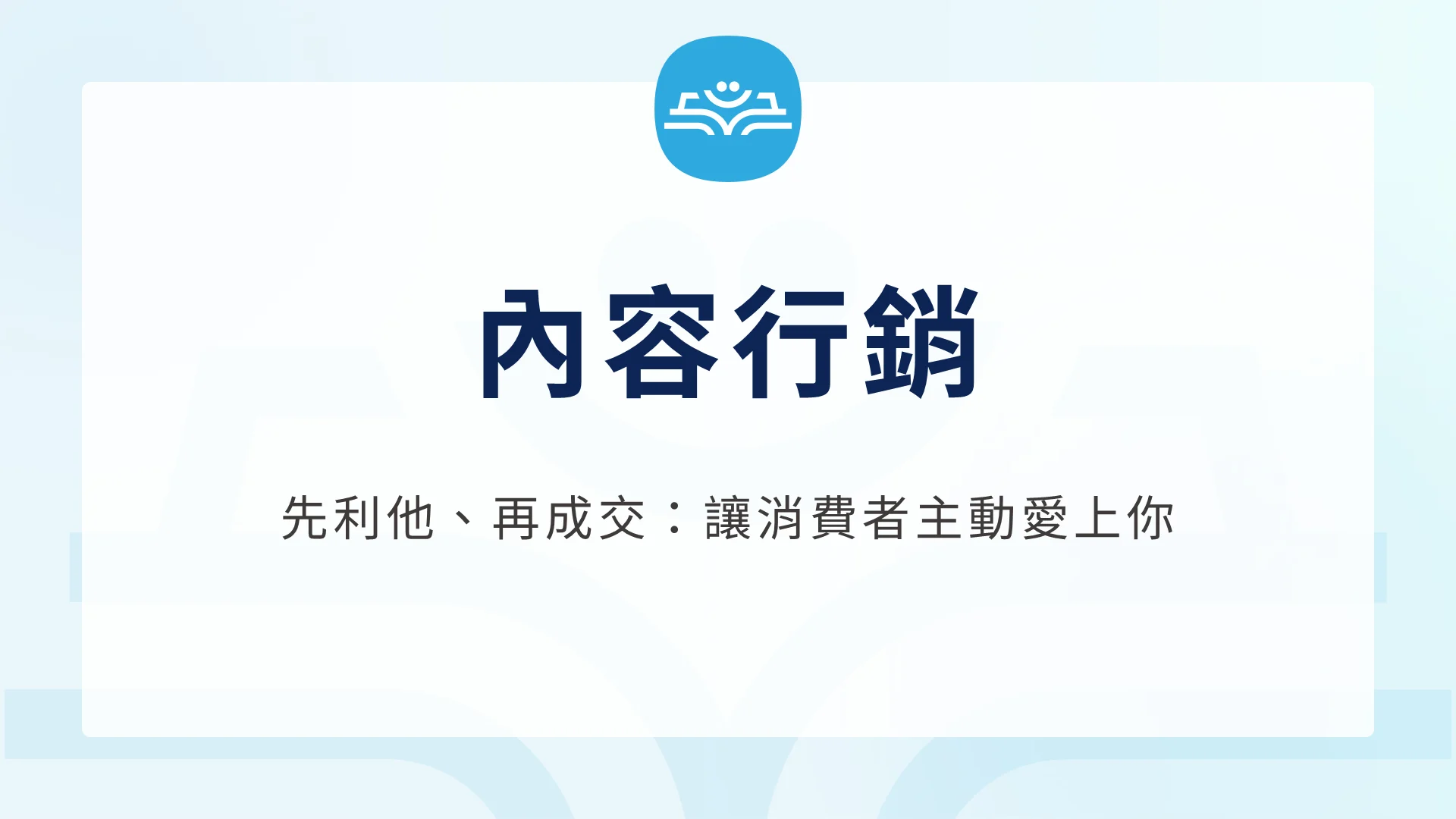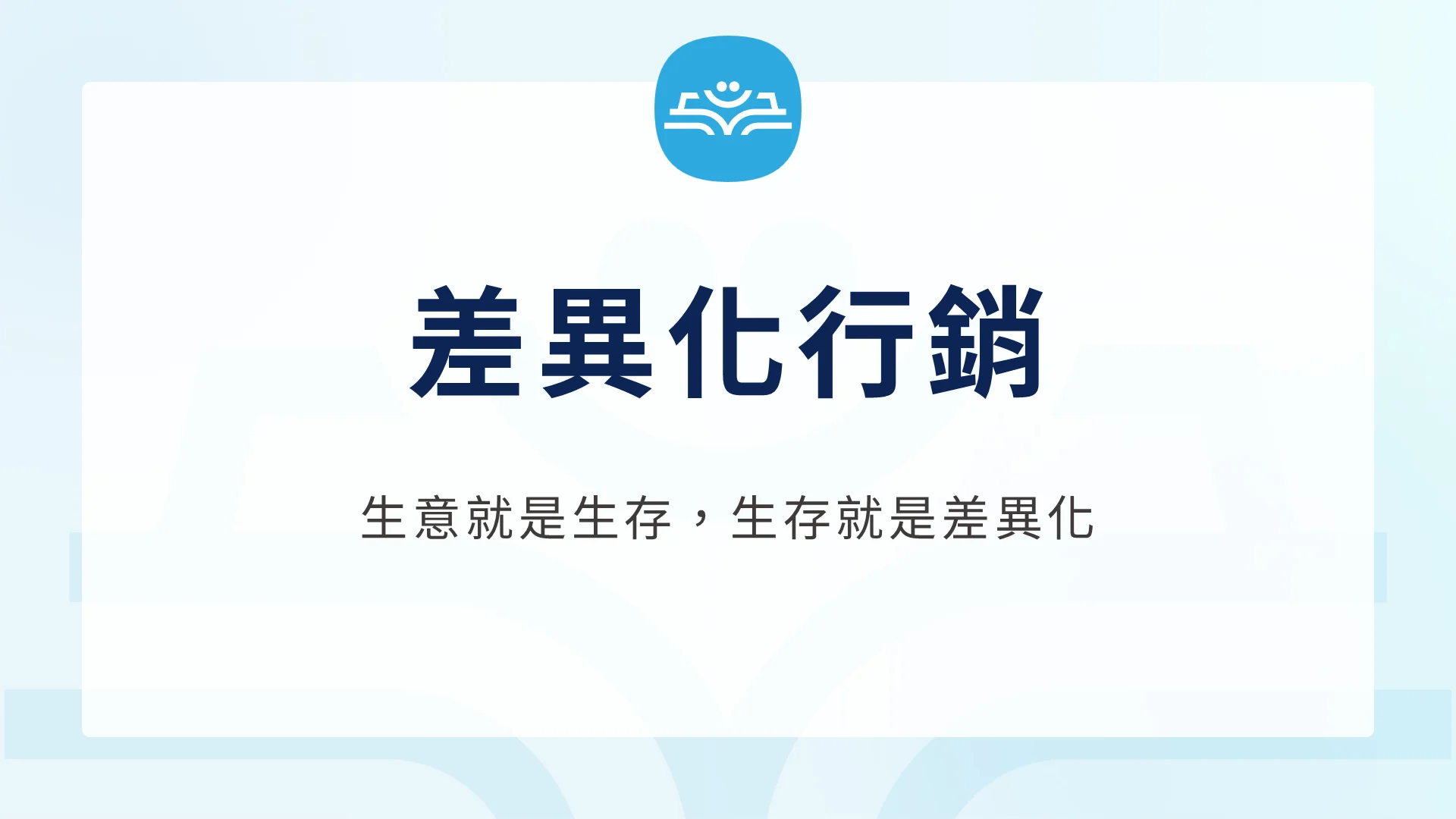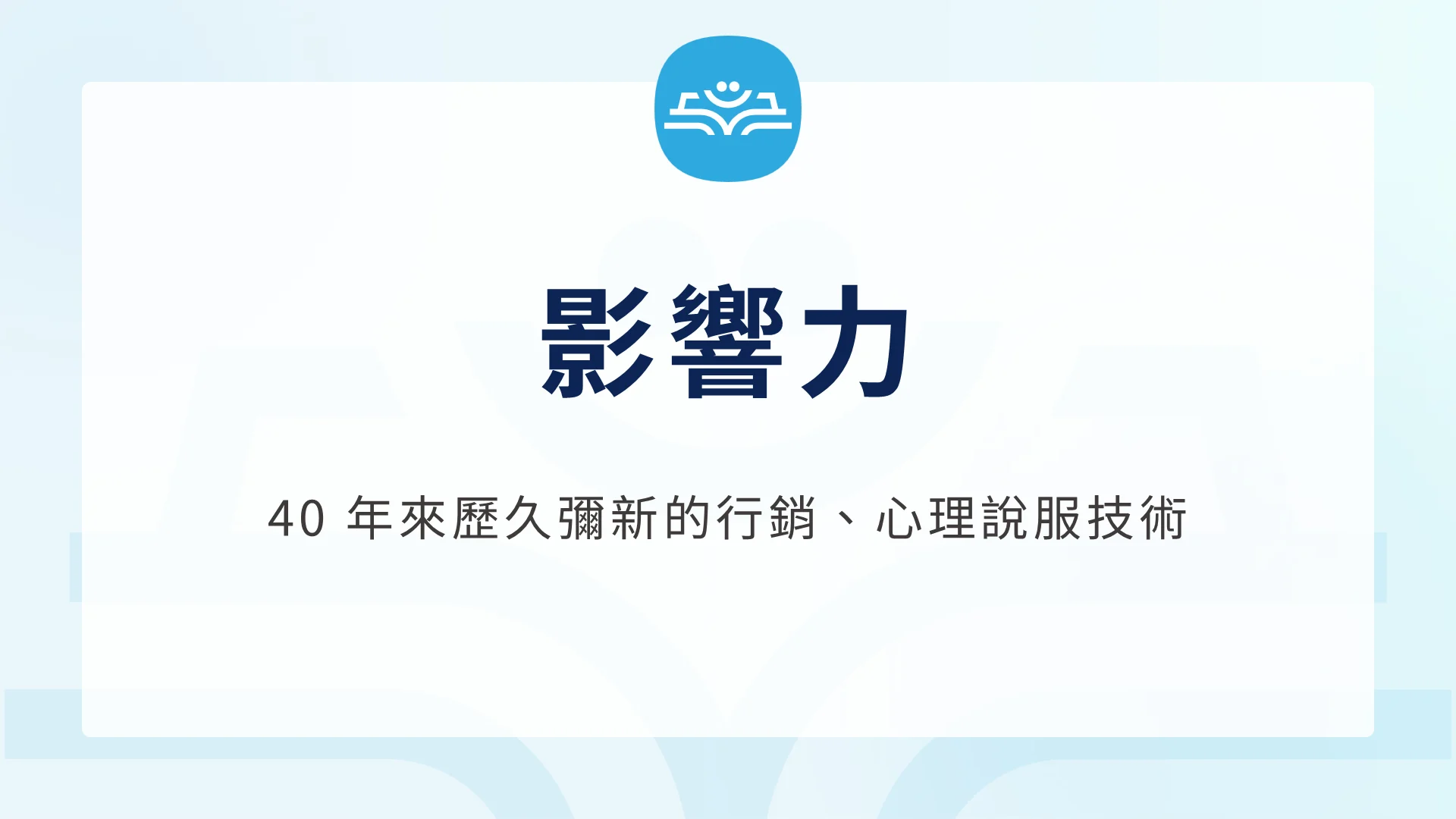大衛・奧格威(David Ogilvy)的金科玉律(行銷篇):30 條廣告真言改變市場命運|名言錄
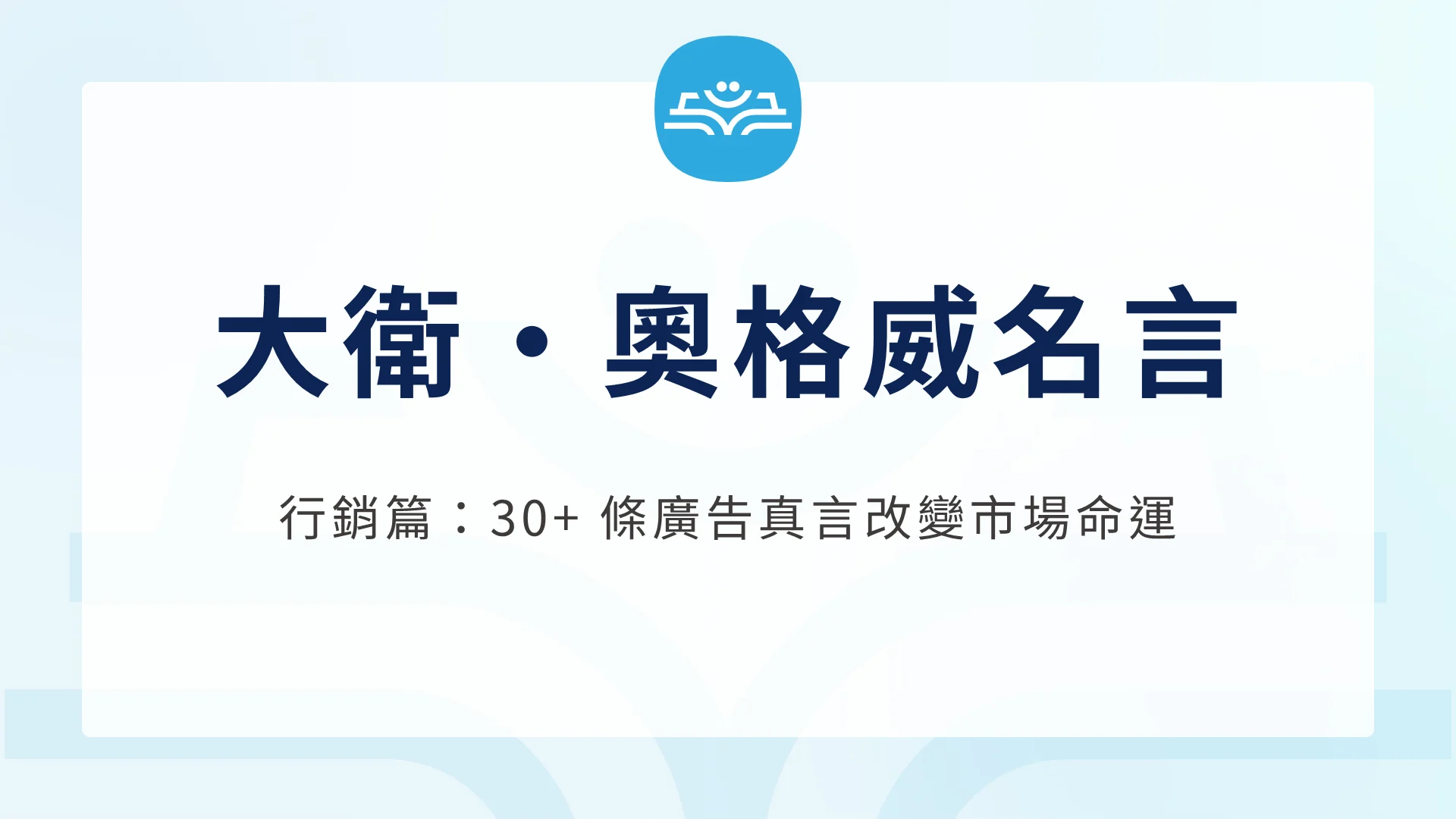
大衛・奧格威(David Ogilvy)是我在行銷領域的偶像。
我讀過不計其數的行銷著作,其中大衛・奧格威就是最讓我印象深刻的大師,我也特別鍾愛他的名言。
每每讀到這些句子,我都感嘆經過數十年後,人們對於這些概念沒有變得更加熟悉,反而認為更加的陌生、模糊。
經過了數十年,這些概念沒有過時,反而更需要被人們重新認識及記憶。
重新認識行銷、重新認識銷售、重新認識品牌,這就是大衛・奧格威(David Ogilvy)能帶給我們的最大寶藏。
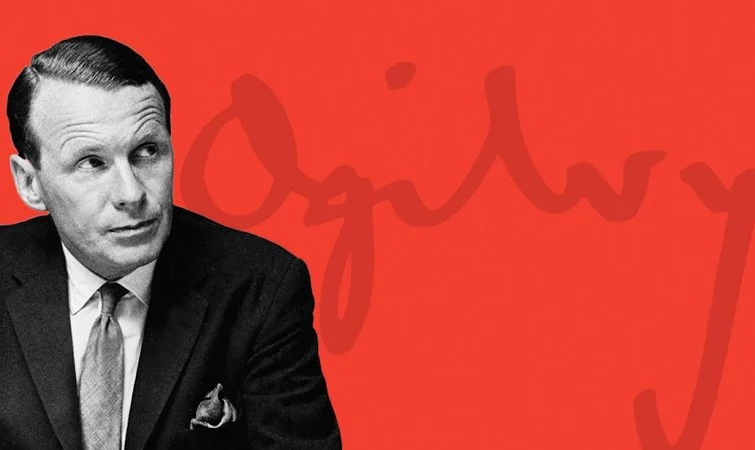
大衛・奧格威是誰?
大衛・奧格威(David Ogilvy,1911–1999)是奧美 (Ogilvy & Mather) 廣告公司的創辦人之一,被譽為「廣告教父」。
他之所以在廣告史上擁有如此崇高的地位,源自他對消費者洞察、創意策略以及廣告文案的深刻見解。同時,也因為他和團隊打造了無數家喻戶曉的經典廣告案例。
1958 年,奧格威為勞斯萊斯創作的經典廣告標題是:「時速 60 英里時,這輛新勞斯萊斯發出的最大噪音,竟然來自它的電鐘。」
(“At 60 miles an hour the loudest noise in this new Rolls-Royce comes from the electric clock.”)
以下,我匯整了我最喜歡 David Ogilvy 在行銷領域的名言。
一、消費者洞察與態度
「消費者不是傻瓜,她是你的妻子。」
“The consumer isn’t a moron; she is your wife.”
「永遠別寫一則你不願讓家人看到的廣告。你不會對自己的妻子說謊,那就別對我的顧客說謊。」
“Never write an advertisement which you wouldn’t want your family to read. You wouldn’t tell lies to your own wife. Don’t tell them to mine.”
「不要忽視情感訴求;人們購買多半基於感性,而後再以理性解釋。」
“Never underestimate the power of emotion. People buy with their hearts and justify with their heads.”
「絕不要嘲諷或看低你的顧客,因為他們才是你的衣食父母。」
“Never belittle your customers, for they are the ones who keep you in business.”
「問問自己:如果我是消費者,我憑什麼理由要對這廣告感興趣?」
“Ask yourself: if I were the consumer, why would I care about this ad?”
「常有人問,廣告如何才能有效?我的答案始終如一:先確保你真的了解你的客戶。」
“People ask how to make advertising effective. My answer: truly understand your customer first.”
二、廣告的目的:銷售才是行銷的真義
「如果你的廣告不賣貨,它就不算是有創意。」
“If it doesn’t sell, it isn’t creative.”
「好廣告能推動產品銷售,而不是吸引所有目光到廣告本身上。」
“A good advertisement is one which sells the product without drawing attention to itself.”
「缺乏『大點子』的廣告,就像夜裡航行的船一樣,悄然飄過卻無人知曉。」
“If you don’t have a big idea, your advertising will pass like a ship in the night.”
「我們只做一件事:賣。否則就一無是處。」
“We sell—or else.”
「與其用一支華麗但效果平平的廣告,不如用內容簡單卻高銷量的廣告。」
“Better a simple ad that sells than a fancy ad that doesn’t.”
「不要讓廣告成為炫技的舞台,而要讓它成為說服的舞台。」
“Advertising should not be a showcase of cleverness but a stage for persuasion.”
「去逗人樂而不是去銷售的誘惑,是一種傳染病。」
“The temptation to entertain instead of selling is contagious.”
「我不認為廣告是一種娛樂或藝術形式,而是一種資訊媒介。當我寫廣告時,我不希望你告訴我你覺得它很「有創意」。我希望你會覺得它很有趣,從而購買這個產品。」
“I do not regard advertising as entertainment or an art form, but as a medium of information. When I write an advertisement, I don’t want you to tell me that you find it ‘creative.’ I want you to find it so interesting that you buy the product.”
三、測試、研究與數據
「千萬別停止測試,你的廣告便能持續進步。」
“Never stop testing, and your advertising will never stop improving.”
「先從研究開始,再憑直覺完成偉大的廣告。」
“Start with research, then rely on intuition to create great advertising.”
「不做足夠的市場調研,就想當然地推出廣告,是極大的冒險。」
“Launching an ad without sufficient market research is a huge gamble.”
「幾乎所有問題都可以透過測試活動以低成本、快速且最終的方式得到解答。這就是回答他們的方式——而不是透過談判桌前的爭論。
“Almost any question can be answered, cheaply, quickly and finally, by a test campaign. And that’s the way to answer them – not by arguments around the table.”
四、品牌定位與形象
「如果你的品牌形象或定位不夠清晰,就不要期待消費者能替你想好理由。」
“If your brand’s image or positioning is vague, don’t expect consumers to figure it out for you.”
「一則讓人記不得哪個產品的廣告,形同浪費。」
“An ad that leaves people unable to recall the product is wasted advertising.”
「你的廣告須如同一面放大鏡,突出產品最動人之處。」
“Your ad should act as a magnifying glass, highlighting the product’s most compelling feature.”
「若在廣告裡埋藏太多賣點,往往一個也記不住。」
“If you stuff too many selling points into one ad, people end up remembering none.”
「廣告需要新鮮感,但不能偏離品牌長久的核心概念。」
“Advertising needs freshness, but must never stray from the brand’s enduring core concept.”
「透過細節刻畫產品品質,能幫助消費者把廣告與真實使用感受對接。」
“By highlighting product details, you help consumers connect the ad with real usage.”
「不要指望把一件糟糕的產品,靠大肆宣傳變得好賣。」
“Don’t expect a bad product to succeed through advertising alone.”
「別被競爭對手分散注意力,專注於讓你的產品更好更值得買。」
“Don’t let competitors distract you. Focus on making your product better and worth.”
「大部分廣告方案都太複雜,它們反映了太多目標,而且試圖迎合太多客戶主管的不同看法。企圖涵蓋太多的東西,就什麼事也成不了,這樣的廣告看上去就像是一個委員會的會議記錄。」
“Down with committees. Most campaigns are too complicated. They reflect a long list of objectives, and try to reconcile the divergent views of too many executives. By attempting to cover too many things, they achieve nothing. Many commercials and many advertisements look like the minutes of a committee.”
「在你動手寫你的廣告之前,先研究產品是值得的。」
“First, study the product you are going to advertise. The more you know about it, the more likely you are to come up with a big idea for selling it.”
「講述真相,但要讓真相令人著迷。」
“Tell the truth, but make the truth fascinating.”
五、文案、標題
「廣告文案的標題占了文案成敗的80%。」
“On the average, five times as many people read the headline as read the body copy. When you have written your headline, you have spent eighty cents out of your dollar.”
「讓你的廣告更具資訊性,你的說服力就會更強。」
“The more informative your advertising, the more persuasive it will be.”
「你無法用枯燥乏味的內容來說服人們購買;切記,你是在與他們的生活對話。」
“You cannot bore people into buying your product. Remember, you’re having a conversation with their lives.”
「文字可以欺騙,人性卻敏銳;必須用真誠建立信用。」
“Words can deceive, but human intuition is sharp. You must build credibility through sincerity.”
「在創作廣告時,想想你的朋友或家人是否願意讀完。」
“When crafting an ad, ask if your friends or family would actually read it.”
「一個好的標題有時可以頂下一整支廣告的功效。」
“A good headline can be worth the entire ad.”
「平均而言,閱讀標題的人數是閱讀正文的人數的五倍。當你寫完標題時,你已經花掉了八成錢。」
“On the average, five times as many people read the headline as read the body copy. When you have written your headline, you have spent eighty cents out of your dollar.”

